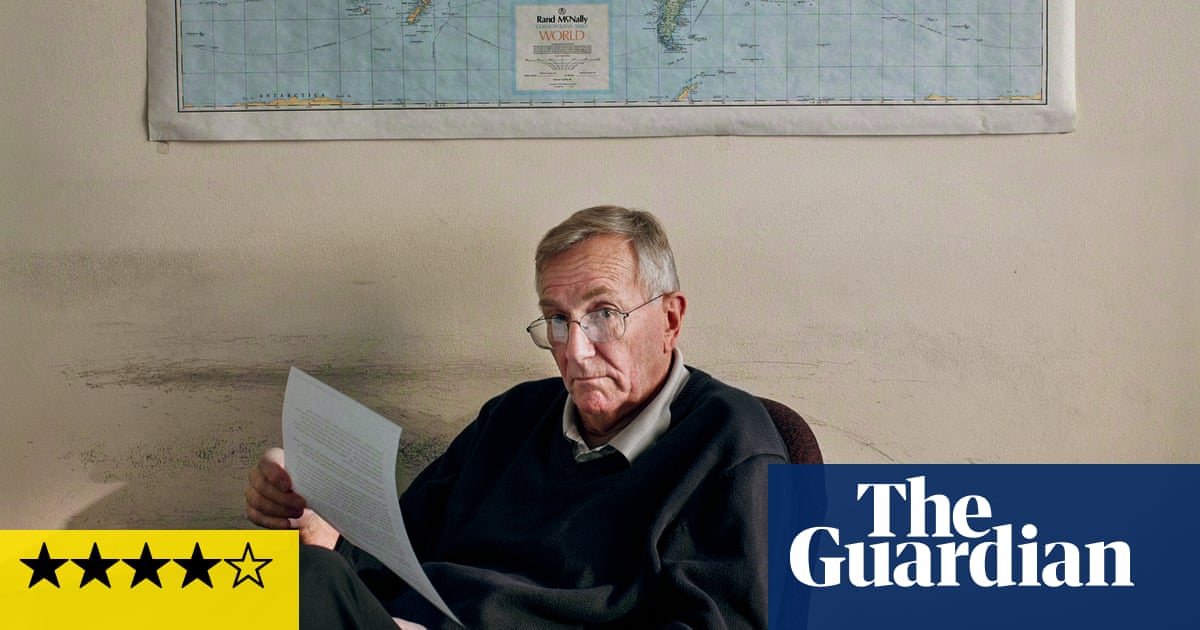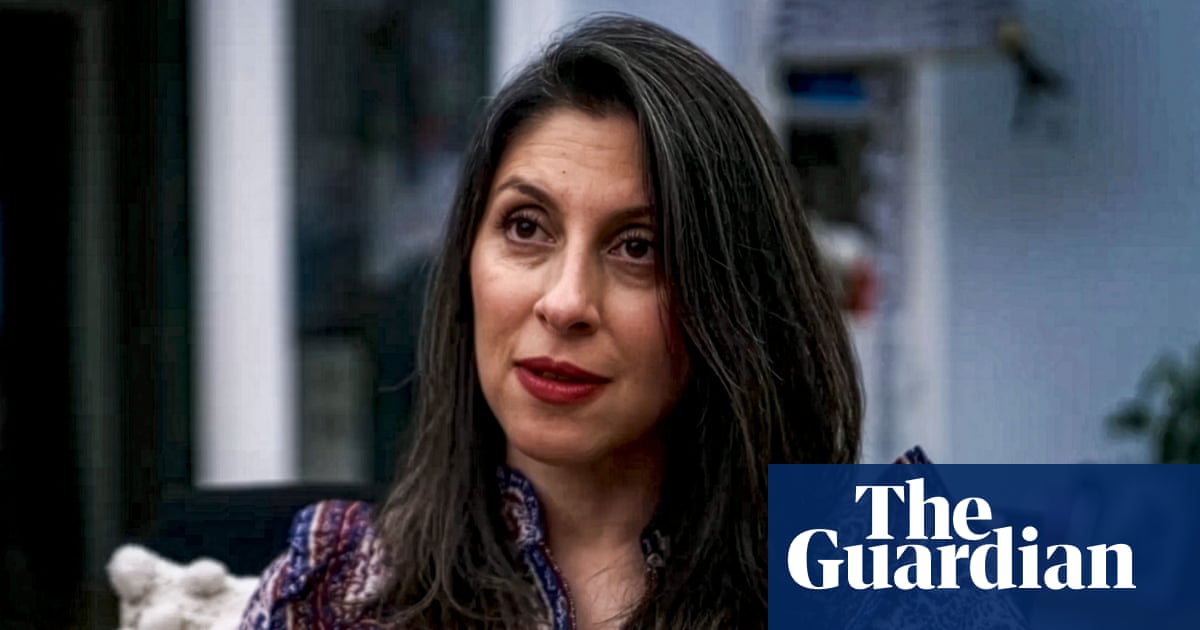Social media is in its intentional era. On TikTok and Instagram, living intentionally means operating on the highest plane of existence: each moment is the product of heartfelt planning, part of the careful pursuit of a life flawlessly lived. Perhaps you intentionally spend half an hour after work decompressing, then put on your carefully curated playlist while you intentionally work out, intentionally choosing exercises that center your mind and body while also giving you huge forearms, before intentionally preparing dinner using locally sourced ingredients.
As Marie Solis wrote in the New York Times recently: “You can just do all of these things. Or you can do them ‘intentionally’”. The fear, it seems, is that a failure to act with purpose means letting life happen to you.
Intentionality has become inescapable – along with daily activities, the word is used to describe therapy and dating, and of course has been coopted by brands, such as Rhode’s “intentional skin care”. That is not to be confused, I guess, with accidental skincare, which may mean stumbling into CVS and grabbing blindly at the shelf without spending hours reading reviews first. At its best, intentionality means taking care and avoiding rash decisions. At a time when it feels like the world has descended into chaos, it makes complete sense that we would prioritize a sense of agency in our routines and projects. Uncertainty drives anxiety, and making purposeful choices offers a way to exert control over our own lives.
But what do we lose when we give up on spontaneity? Is it possible to strike a balance – to live thoughtfully but not rigidly, ensuring we make space for improvisation? The psychologist Barry Schwartz urges us to “choose when to choose”; another way to put it might be the pursuit of intentional unintentionality.
Intentionality has its downsides. “We hear a lot about intentionality as being a perspective that we’re supposed to infuse our life with,” so we’re not doing things “without thought or hastily. We’re doing them with a lot of planning and forethought,” says Sheila Liming, author of Hanging Out: The Radical Power of Killing Time. “I can understand that need. But I also think that the idea of intentionality serves a highly scheduled life, and a highly scheduled life is also something that does not necessarily serve us all the time” – neither emotionally nor socially.
As the title of her book suggests, Liming champions hanging out: “daring to do very little and daring to do it in the company of others”. She is an advocate for including unstructured time in our lives, especially when that time is spent with others. Highly intentional living might offer a sense of control, “but control can’t be maintained all the time”, Liming says.
Her own natural inclination is to plan everything. But in recent years, she realized that “if I started to let go of that impulse – sometimes very intentionally – really bad things wouldn’t really happen. There might be minor discomfort, there might be temporary discomfort, but it would be passing.” Alternatively, “if we get used to living highly regimented lives,” she says, “we become less able to adjust in moments of spontaneity.”
And those moments can be rewarding. A 2022 study by researchers in the US and Spain suggested that talking to strangers could make you a happier person, because we are better off with more “relational diversity” – spending time with people both close to us and unfamiliar. On a much smaller scale, Liming has lately embraced listening to the radio rather than streaming playlists, ceding control of her soundtrack to DJs. You might not enjoy every song, but there is value in learning what you don’t like. “What’s the worst thing that happens? You sit through it for three minutes and then it’s over,” Liming says. “I think that experience even teaches us a little bit of patience.”
Allowing the DJ to take over, so to speak, also relieves us of a significant burden: the weight of choice. It can be exhausting to constantly make decisions about the best way to spend our time, says Schwartz, a psychologist and the Dorwin Cartwright emeritus professor of social theory and social action at Swarthmore College.
For Americans, celebrating limitless choice is almost encoded in our liberty-obsessed DNA, dating back to the Declaration of Independence. It’s one of the most “fundamental assumptions of economics”, Schwartz says, that more options are a good thing: “The more choice people have, the more freedom they have.”
But Schwartz says: “It’s a trap.” We are constantly having to make decisions, from whom to date to which dishwasher to buy, “and when they’re important, of course, you want to be intentional about it”, he says.
However, “you can’t devote this kind of intellectual and emotional effort to everything,” he notes. “In the service of being very intentional about how you spend your time, you end up spending your time thinking about how to spend your time.”
In fact, it can backfire. Take relationships: you might want to be very intentional about choosing a partner, taking your time to be sure you have found the right person. But “the more inclined you are to keep looking, the less inclined you will be to put the work into development” of the relationship, which Schwartz – who consulted on Aziz Ansari’s 2015 exploration of dating, Modern Romance – argues is the real challenge. And then there is the question of how you define intentionality: if you make a decision to stick with a partner for ever, is that living intentionally? Or would true intentionality mean waking up every day and reconsidering whether to stay?
None of this means that we should not be thoughtful about our decisions; it just means we should be judicious about when to flex our intentionality muscles. Sometimes, Schwartz notes, it is better to be driven by the force of habit – you may not need to be intentional about brushing your teeth – and other times, we might just follow the wisdom of friends and family. Maybe you don’t want to devote energy to mulling Netflix options or researching which appliances to buy; just ask your cinephile friend or your tech-obsessed sibling which option to go with. On the other hand, you might want to devote significant bandwidth to deciding whether to move, or where to work, or how to spend your summer evenings.
In other words: sometimes, opting for spontaneity – being intentionally unintentional – is your best bet. As Schwartz puts it in his 2004 book The Paradox of Choice: “We must decide which choices in our lives really matter and focus our time and energy there.” Liming, similarly, advocates for making “time in our schedules to improvise”. Of course, deciding when to be intentional is not always an easy process, Schwartz says. “But that seems to me to be the way to live a decent and productive and satisfying life in a world that has gotten hopelessly complex and confusing.”

.png) 1 month ago
34
1 month ago
34

















































